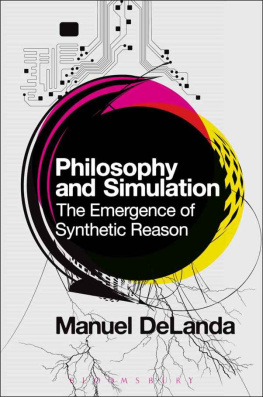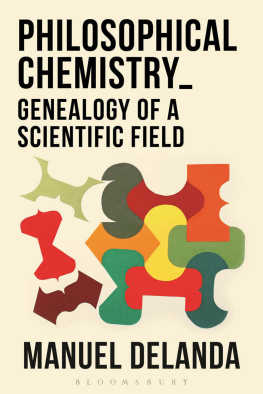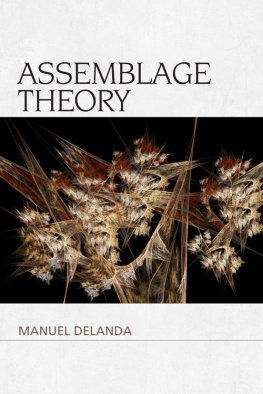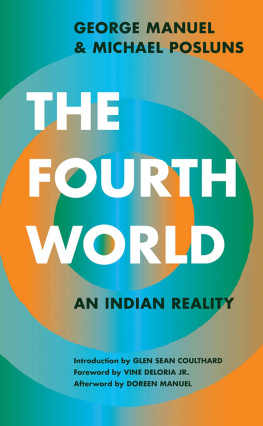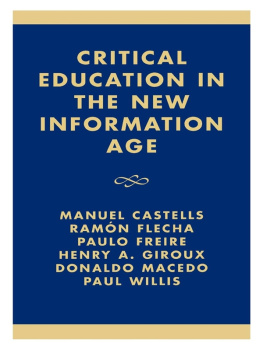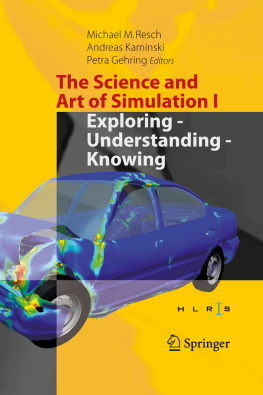By the same author:
Intensive Science and Virtual Philosophy
A New Philosophy of Society
Also available from Bloomsbury:
Being and Event, Alain Badiou
Conditions, Alain Badiou
Infinite Thought, Alain Badiou
Logics of Worlds, Alain Badiou
Theoretical Writings, Alain Badiou
Theory of the Subject, Alain Badiou
Cinema I, Gilles Deleuze
Cinema II, Gilles Deleuze
Dialogues II, Gilles Deleuze
Difference and Repetition, Gilles Deleuze
The Fold, Gilles Deleuze
Foucault, Gilles Deleuze
Francis Bacon, Gilles Deleuze
Kants Critical Philosophy, Gilles Deleuze
Logic of Sense, Gilles Deleuze
Nietzsche and Philosophy, Gilles Deleuze
Proust and Signs, Gilles Deleuze
Ant-Oedipus, Gilles Deleuze and Flix Guattari
A Thousand Plateaues, Gilles Deleuze and Flix Guattari
Seeing the Invisible, Michel Henry
Future Christ, Franois Laruelle
Philosophies of Difference, Franois Laruelle
Essay on Transcendental Philosophy, Salomon Maimon
After Finitude, Quentin Meillassoux
Time for Revolution, Antonio Negri
Politics of Aesthetics, Jacques Rancire
Of Habit, Flix Ravaisson
The Five Senses, Michel Serres
Art and Fear, Paul Virilio
Negative Horizon, Paul Virilio

Contents

Introduction
Emergence in History

The origin of the modern concept of emergence can be traced to the middle of the nineteenth century when realist philosophers first began pondering the deep dissimilarities between causality in the fields of physics and chemistry. The classical example of causality in physics is a collision between two molecules or other rigid objects. Even in the case of several colliding molecules the overall effect is a simple addition. If, for example, one molecule is hit by a second one in one direction and by a third one in a different direction the composite effect will be the same as the sum of the two separate effects: the first molecule will end up in the same final position if the other two hit it simultaneously or if one collision happens before the other. In short, in these causal interactions there are no surprises, nothing is produced over and above what is already there. But when two molecules interact chemically an entirely new entity may emerge, as when hydrogen and oxygen interact to form water. Water has properties that are not possessed by its component parts: oxygen and hydrogen are gases at room temperature while water is liquid. And water has capacities distinct from those of its parts: adding oxygen or hydrogen to a fire fuels it while adding water extinguishes it.
The fact that novel properties and capacities emerge from a causal interaction was believed to have important philosophical implications for the nature of scientific explanation. In particular, the absence of novelty in physical interactions meant that explaining their effects could be reduced to deduction from general principles or laws. Because deductive logic simply transfers truth from general sentences
Expressions like these were bound to make the concept of emergence suspect to future generations of philosophers. It was only the passage of time and the fact that mathematical laws like those of classical physics were not found in chemistry or biologyor for that matter, in the more historical fields of physics, like geology or climatologythat would rescue the concept from intellectual oblivion. Without simple laws acting as self-evident truths (axioms) from which all causal effects could be deduced as theorems the axiomatic dream eventually withered away. Today a scientific explanation is identified not with some logical operation but with the more creative endeavor of elucidating the mechanisms that produce a given effect. The early emergentists dismissed this idea because they could not imagine anything more complex than a linear clockwork mechanism. But there are many other physical mechanisms that are nonlinear. Even in the realm of human technology we have a plurality of exemplars to guide our imagination: steam engines, thermostats, transistors. And outside technology the diversity is even greater as illustrated by all the different mechanisms that have been discovered in chemistry and biology. Armed with a richer concept of mechanism the emergent properties of a whole can now be explained as an effect of the causal interactions between its component parts. A large portion of this book will be dedicated to describe the wide variety of mechanisms of emergence that have been elucidated in the decades since the original emergentists first wrote.
Thus, what is different today from the early twentieth century views is the epistemological status of emergence: it does not have to be accepted as a brute fact but can be explained without fearing that it will be explained away. What has remained the same is the ontological status of emergence: it still refers to something that is objectively irreducible. But what kinds of entities display this ontological irreducibility? The original examples of irreducible wholes were entities like Life, Mind, or even Deity. But these entities cannot be considered legitimate inhabitants of objective reality because they are nothing but reified generalities. And even if one does not have a problem with an ontological commitment to entities like these it is hard to see how we could specify mechanisms of emergence for life or mind in general, as opposed to accounting for the emergent properties and capacities of concrete wholes like a metabolic circuit or an assembly of neurons. The only problem with focusing on concrete wholes is that this would seem to make philosophers redundant since they do not play any role in the elucidation of the series of events that produce emergent effects. This fear of redundancy may explain the attachment of philosophers to vague entities as a way of carving out a niche for themselves in this enterprise. But realist philosophers need not fear irrelevance because they have plenty of work creating an ontology free of reified generalities within which the concept of emergence can be correctly deployed.
What kinds of concrete emergent wholes can we legitimately believe in? Wholes the identity of which is determined historically by the processes that initiated and sustain the interactions between their parts. The historically contingent identity of these wholes is defined by their emergent properties, capacities, and tendencies. Lets illustrate the distinction between properties and capacities with a simple example. A kitchen knife may be either sharp or not, sharpness being an actual property of the knife. We can identify this property with the shape of the cross section of the knifes blade: if this cross section has a triangular shape then the knife is sharp else it is blunt. This shape is emergent because the metallic atoms making up the knife must be arranged in a very particular way for it to be triangular. There is, on the other hand, the capacity of the knife to cut things. This is a very different thing because unlike the property of sharpness which is always actual the capacity to cut may never be actual if the knife is never used. In other words, a capacity may remain only potential if it is never actually exercised. This already points to a very different ontological status between properties and capacities. In addition, when the capacity does become actual it is not as a state, like the state of being sharp, but as an event, an event that is always double:
Next page
